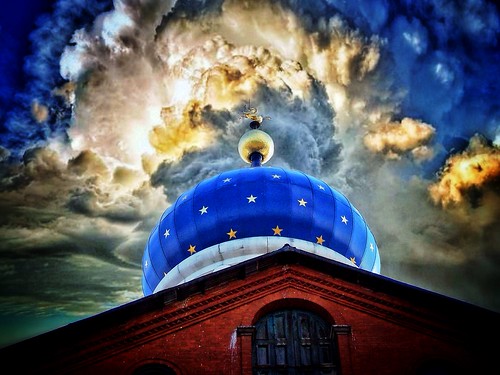Title : "In his fifteenth satire, Juvenal had scoffed at Egyptians for allegedly worshipping onions..."
link : "In his fifteenth satire, Juvenal had scoffed at Egyptians for allegedly worshipping onions..."
"In his fifteenth satire, Juvenal had scoffed at Egyptians for allegedly worshipping onions..."
"... 'What a holy race (o sanctas gentes) to have such divinities springing up in their gardens.'* Sir Walter Raleigh, in an anti-Catholic mood, compared such worship of food to the sacrament of Holy Communion, where Christians munch on their god. John Donne, George Herbert, and Robert Herrick all followed Raleigh’s lead, joking, as Herbert wrote, of anyone 'who makes a root his god.' Thus, [the scholar Tom] Tashiro notes, 'the lowly onion was touched with divinity and thereby entered into the works of a few great poets.' When Rome seemed less of a threat, onions seemed less ripe for poetry. 'Only with the passing of time,' Tashiro concludes, 'in the nineteenth century, on the Continent, would the onion again receive the attention of great writers—of the Scandinavians and of the Russians—for whom it became a symbol of the self and would have moral virtues.' Tashiro is presumably alluding to Grushenka’s parable in The Brothers Karamazov: a guardian angel gives a wicked woman in hell one last chance at salvation. Did she ever do one good deed? Yes, she once gave an onion to a beggar. The angel appeals to God who says, fine, take that onion and yank her out of the lake of fire with it. Other sinners hold onto her feet, hoping for a free ride, but she kicks them off. 'I’m the one who’s getting pulled out, not you,' she says. 'It’s my onion.' At that very moment, the onion breaks. For some reason, I think of this parable whenever I drive by the Colt Armory, on Interstate 91 in Hartford, with its incongruous onion dome, bright blue and studded with gold stars.** It’s my Second Amendment, I imagine someone saying."From "Renoir’s Onions" by Christopher Benfey (in The New York Review of Onions).
Here are Renoir's Onions, in case you're wondering how Benfey got from Egypt to The Brothers Karamazov to the Second Amendment:

These are crazy times, but a man once took that much time to paint 6 onions, and now we have Trump... and no hell.
________________
* Juvenal wrote, "Who knows not... what monsters demented Egypt worships? One district adores the crocodile, another venerates the Ibis that gorges itself with snakes. In the place where magic chords are sounded by the truncated Memnon, and ancient hundred-gated Thebes lies in ruins, men worship the glittering golden image of the long-tailed ape. In one part cats are worshipped, in another a river fish, in another whole townships venerate a dog; none adore Diana, but it is an impious outrage to crunch leeks and onions with the teeth. What a holy race to have such divinities springing up in their gardens! No animal that grows wool may appear upon the dinner-table; it is forbidden there to slay the young of the goat; but it is lawful to feed on the flesh of man!"
** Here's an image of that dome (cc Onasill ~ Bill Badzo):

Thus articles "In his fifteenth satire, Juvenal had scoffed at Egyptians for allegedly worshipping onions..."
that is all articles "In his fifteenth satire, Juvenal had scoffed at Egyptians for allegedly worshipping onions..." This time, hopefully can provide benefits to all of you. Okay, see you in another article posting.
You now read the article "In his fifteenth satire, Juvenal had scoffed at Egyptians for allegedly worshipping onions..." with the link address https://usainnew.blogspot.com/2018/03/in-his-fifteenth-satire-juvenal-had.html
0 Response to ""In his fifteenth satire, Juvenal had scoffed at Egyptians for allegedly worshipping onions...""
Post a Comment